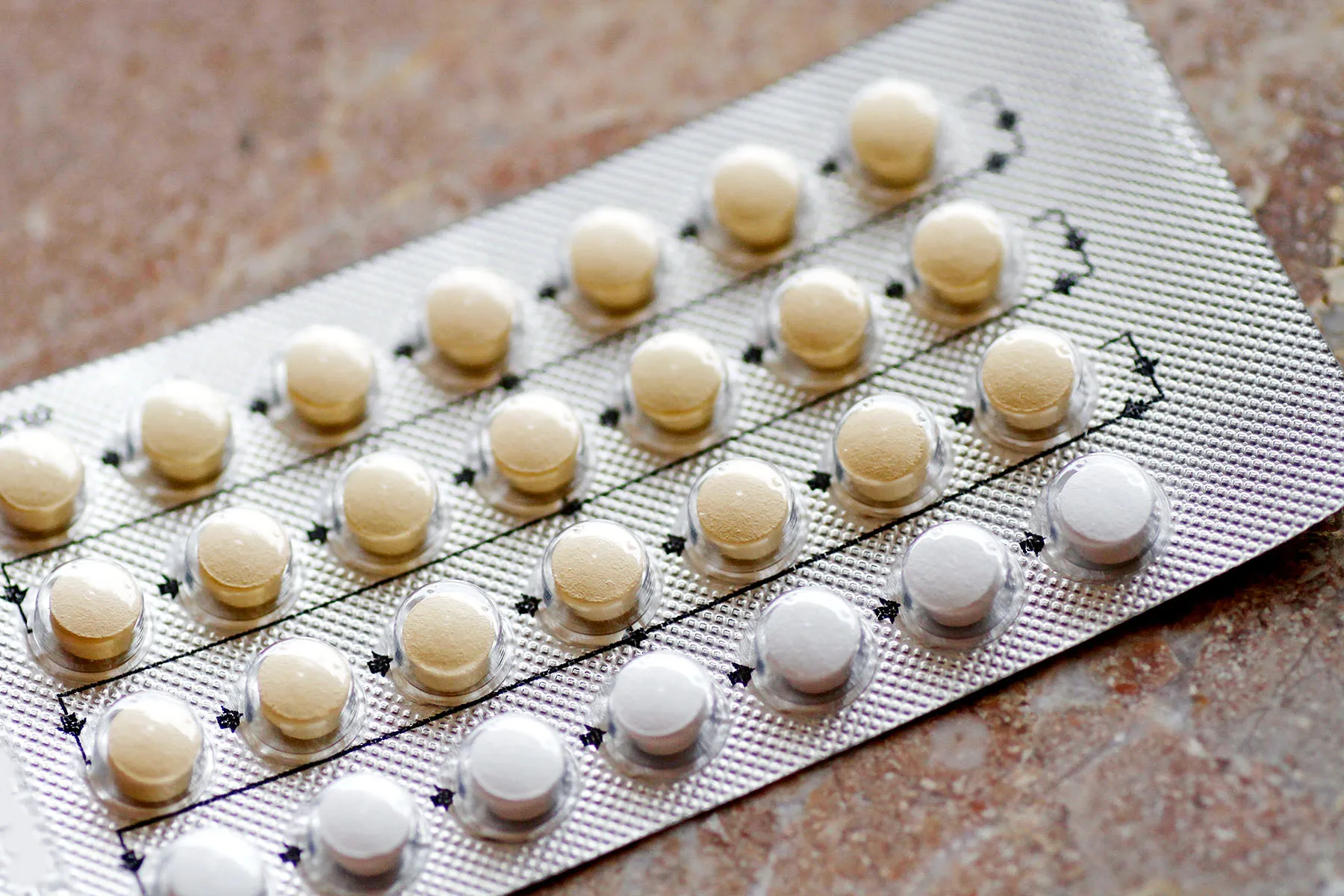The Link Between Gout and Depression: What to Know
July 20, 2023 – Gout is a form of arthritis that causes intense pain, redness, and swelling of the joints and extremities. Physical complications of gout, if it’s left untreated, can include high blood pressure, heart attacks, diabetes, kidney problems, and obesity. Now, researchers are taking a closer look at another difficult health challenge that’s linked to gout: depression.
A recent study from the University of British Columbia found a significant increase in gout patients who also have the mood disorder. Their study looked at 157,426 patients and found that about 13 patients out of every 1,000 person-years received a diagnosis of both gout and depression, compared to 11 patients (1.1%) per 1,000 person-years who did not have gout but who had depression. (Person-years is a type of measurement that takes into account the number of patients in the study and how long the study lasts. In this case, it means there were 13 patients with gout and depression out of each 1,000 patients over the course of 1 year of the study.)
But the researchers believe it’s possible that this number may be higher. This is because men – who are more likely to have gout than women – don’t seek treatment for psychological symptoms often as women, so they’re less likely to receive an official diagnosis of depression.
Previous research by members of this team found that gout patients had a 29% higher risk for depression, depending upon how well-controlled their condition is. This is important, researchers said, because the psychological burden of intense physical pain can’t be underestimated.
There are other factors at play, too.
“The links between gout and depression are complicated and not fully understood,” said Stephanie Collier, MD, MPH , director of education in the Division of Geriatric Psychiatry at McLean Hospital in Belmont, MA, who is also an instructor in psychiatry at Harvard Medical School. “One hypothesis is that both depression and gout are related to inflammation. There are also a few risk factors – obesity and diet – that are shared in people with gout and in people with depression. Medications used to treat acute gout flares, such as steroids, can also contribute to or cause depressive symptoms.”
The way gout occurs is also an important factor. Uric acid is a waste product that’s created when your body breaks down chemicals called purines.
“With gout, uric acid forms into crystals in your joints,” said Nilanjana Bose, MD, a board-certified rheumatologist in Houston and a spokesperson for the American College of Rheumatology.
Korean researchers have newly examined how uric acid, which causes gout when produced in excessive amounts by the body, can end up in the blood and cause low-grade inflammation.
But there are other reasons gout and depression may be linked.
“It’s thought that high levels of uric acid in the blood can affect brain neurotransmitters, which may contribute to depression,” Collier said. “However, not all people with high blood uric acid levels develop gout. There may be common genetic or metabolic associations between gout and depression.”
Read on for a closer look at the possible connection between gout and depression – and how to find the right treatment.
What Are the Symptoms of Gout?
Signs of gout can also include:
- The rapid start of joint pain, most often in your big toe, but also in your knees, wrists, ankles, fingers or elbows
- Pain that doesn’t go away. A gout flare is at its worst within 4 to 12 hours after it starts, but pain can last for days to weeks.
- Limited motion. Gout pain and swelling may restrict movement of your joints.
What Are the Symptoms of Depression?
Signs of depression may include:
- Feeling sad, anxious, empty, hopeless, pessimistic, cranky, frustrated, restless, guilty, worthless, or helpless
- Loss of interest in things you like to do
- Fatigue, low energy, or feeling like you’re “slowed down”
- Problems with concentration or memory
- Changes in sleep, appetite, or your weight
- Cramps, headaches, or aches and pains or stomach problems with no physical cause
- Suicidal thoughts or thoughts of death
What Treatments Can Help?
Visiting the doctor regularly for check-ups and to measure the uric acid in the blood can be helpful. Some doctors may want levels of uric acid to stay under 6.0 milligrams per deciliter (mg/dl), according to the American Kidney Fund.
And it’s important to make sure your kidneys are working well: A small Chinese study found that during an acute flare of gout, frequent urination helped lessen the amount of uric acid in the body.
Even with uric acid levels in check, there can be other causes that link gout to depression. People with gout should watch for any notable changes in mood.
“Patients should let their doctors know if they are feeling down or depressed for more than 2 weeks, or if they lose their ability to feel pleasure or enjoyment in activities,” Collier said. “If patients develop thoughts about wanting to end their life, they should let their doctor know right away.”
Antidepressants can be prescribed along with medication for gout, and they can make a huge difference in your quality of life.
Patients should also make sure to take gout medication precisely as directed.
“As gout flares can be debilitating, and pain and impaired functioning can limit activities, medications that prevent gout flares may also reduce episodes of depression,” Collier said. And managing any cardiac risk factors a patient may have is important. Exercising regularly – as advised by a doctor – limiting alcohol, and eating well can not only help heart health, but can prevent gout flares and, potentially, mood problems linked to them.
“Flares can be triggered by processed foods, beer, and red meat,” Bose said. “A good diet and overall healthy lifestyle can really help with gout and depression.”










